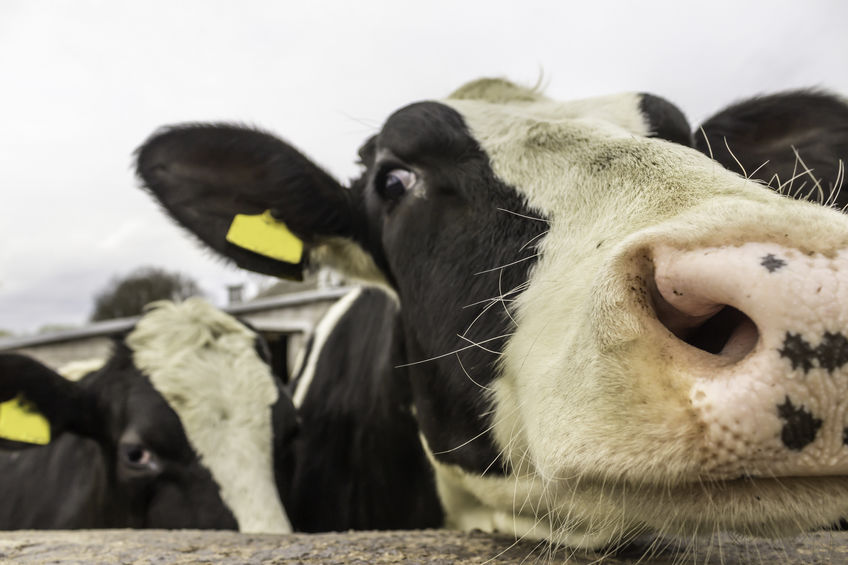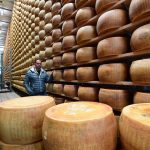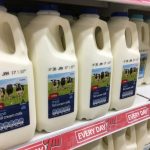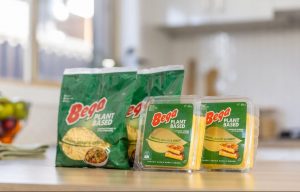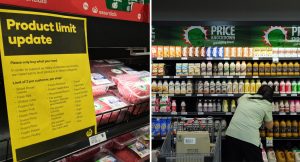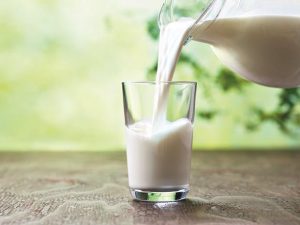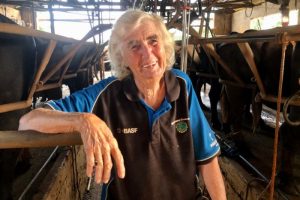
Landmark International general manager Andy Ingle said trade hadn’t seen any significant impact since the outbreak of the pandemic.
“It has been a reliable source of income for farmers for 15 years and I see that continuing,” Mr Ingle said.
“We haven’t seen any vast impact to date; business continues to tick along.”
Mr Ingle added that there wasn’t a lot of supply in Australia at the moment.
“It is usually a tougher time from the February-March period and it should start opening up more numbers usually from May onwards.”
Mr Ingle said he understood there had been a drop in domestic demand and consumption for some products in China. “We haven’t seen that translate to live animals but there’s potential it may in the future,” he added.
United Dairyfarmers of Victoria president Paul Mumford said companies were still looking for trade heifers and he expected the income source to continue.
“I understand some markets have closed but there are other markets operating,” Mr Mumford said.
“We’re also in a supply and demand mode and those markets are reasonably profitable at the moment.”
Mr Mumford said Australia produced premium animals and farmers could expect to continue selling surplus stock to offshore markets.
He said that COVID-19 had added some complexities to the trade.
“Each of the selling agents have strict protocols in how they identify trade animals.
“COVID-19 hasn’t stopped those markets but it’s added an extra layer of complexity in getting animals to the marketplace.
“Australian cattle continue to be highly valued in our overseas markets.”
The Australian Department of Agriculture said it had taken steps to maintain export chains while also protecting staff during the coronavirus crisis.
“You still need to follow all existing Australian laws and importing country requirements,” the department said.
The Federal Government has provided a $110 million package to help exporters to continue to deliver into key overseas markets.
However, it says some trading partners may want extra assurances for food and agricultural products as a result of COVID-19.
There is no evidence that COVID-19 can be transmitted through food.
The department said it was confident Australia’s regulatory controls could manage any potential food safety issues.
“We have strict controls for producing meat, dairy, seafood, plant and egg products intended for export,” the department said.
“Food exported from Australia is safe and not a source of risk from the virus.”
